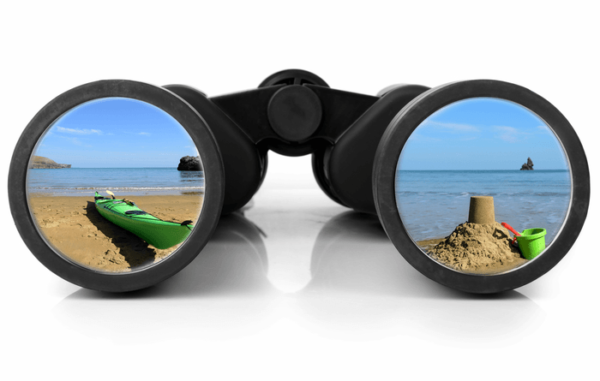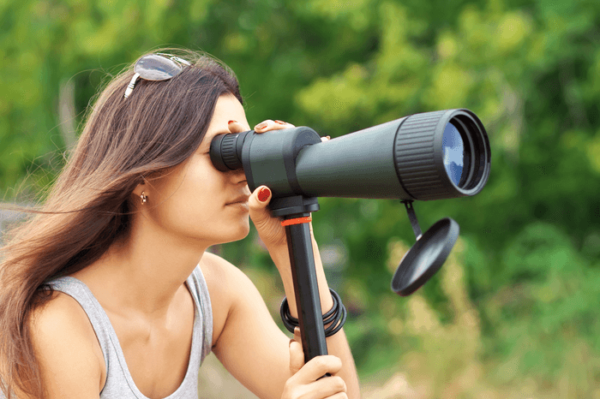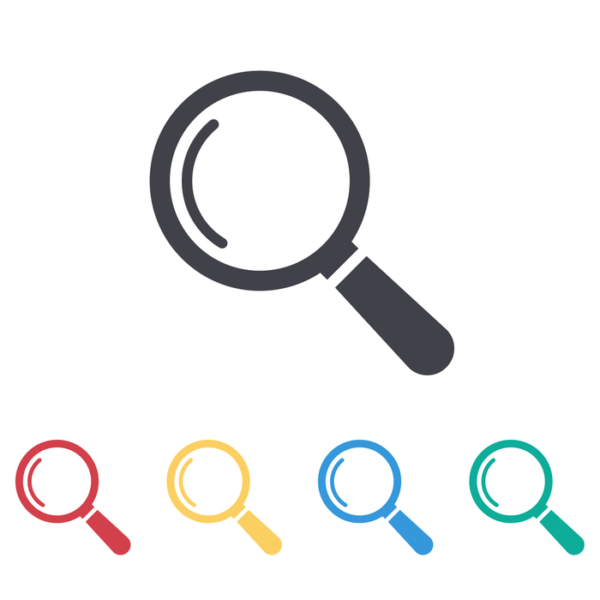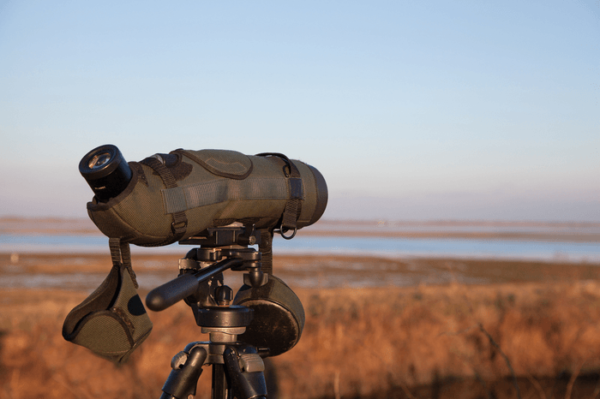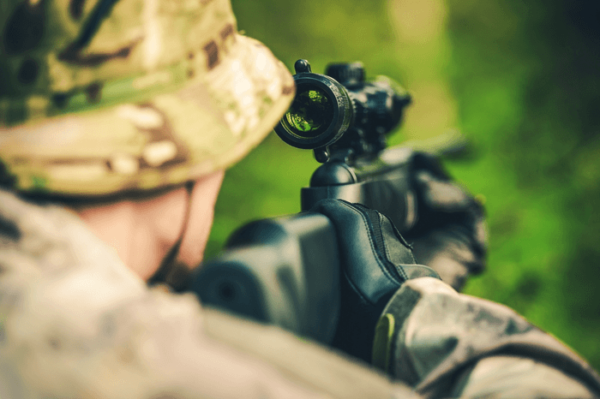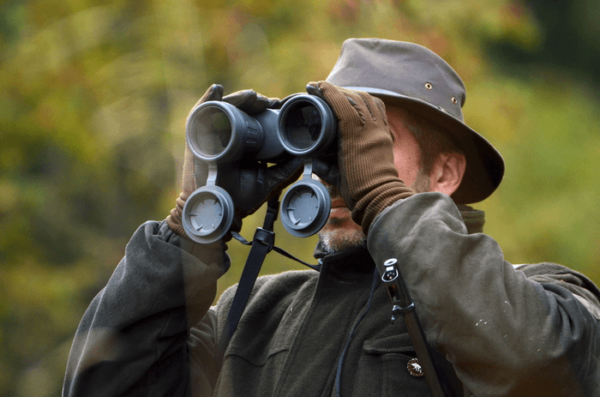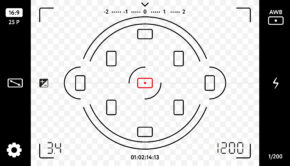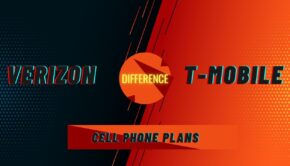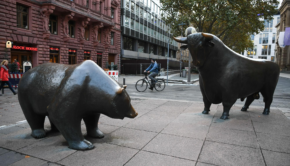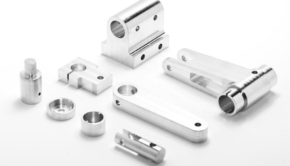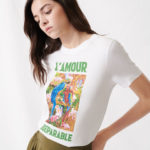Spotting Scope vs. Binoculars: What Is Their Difference
A scoping scope and binoculars are 2 different equipments made with different goals and use. We are going to look at the differences between these tools feature-by-feature, usage and prices as well but first, maybe you are not so familiar with either of them, so here is a quick description.
What Are Binoculars and Spotting Scope?
A binocular is a versatile optic designed to be handheld. This tool enables one to use both eyes when establishing a target and it can be carried easily. Present day binoculars are more upgraded with advanced features, magnification ranges, and uses.
Spotting scopes, on the other hand, use one eye with high magnification and they need to be mounted on a tripod stand when using. Eyepieces in the spotting scopes can either be angled or straight. Spotters are much better in terms of magnification power but still, they are lower than a telescope.
Now that we have a glimpse of what they are, let us look at their differences.
Magnification Power
Most spotting scopes have a 60X magnification. They are designed to function during the day to objects at a distance that is near or above 60X. 60X magnification means that the object appears 60 times bigger than what your naked eye could see. Their view can, however, be affected by the weather conditions and obstacles in the environment making it hard to have a clear view.
Binoculars range from 1X to up to 12X magnification. However, there are specialized binoculars that have a range of 15X to 100X magnification. These ones with such high magnification should mount on a tripod stand and they are used during the night with astronomers.
Image Stability
Since most binoculars are handheld so their image stability is affected by the hand’s movement and the more you magnify your focus, the shakier the vision becomes. Using a binocular without having something to rest your hands on, the vision is unclear even with the magnification at 10X-12X.
For the case of a spotting scope, the vision is more steady only if the base is steady. So each scope has no problem with their focus. The issue comes with the handling.
Portability & Weight
A binocular of a good quality will weigh almost the same as a spotting scope of the same quality though the binocular is more portable. You can tie a binocular around the neck when hunting therefore they can easily go about their business freely and easily. A different case with the spotting scope, which needs a stand and the scope itself, is quite a task to carry around.
Close Focus
Since binoculars have a lower magnification, they are better off when it comes to close focus. Close focus is a short distance between you and the object in focus. Even the best quality binoculars will not be good enough in focusing close objects. For this reason, some activities like bird watching will be good to use binoculars meant for the general purpose since they have a lower magnification level.
Sizes of Objective Lens
Bigger objective lenses guarantee better view. The size of the lens works with the times of magnification for both the scope and the binos. But don’t be fooled that bigger is even better as far as lenses are concerned. Quality of the lenses matters too. Best spotting scope and binoculars, made with best quality lenses always beats the size. Spotters have 45-100mm, binoculars are mostly 25mm-42mm. astronomy binoculars can go up to 100mm lenses.
Field of View
This is the amount of area you can see when you look through an optic. When you see more, then you have a bigger field of view. With a high magnification, then the field of view becomes smaller. So with the binoculars, one will achieve a wider field of view than the spotting scope. Eyepieces in the binoculars have a wide-angle design that allows one to watch objects as they move.
Price
Since they come in entire different kits, you can pay a lot or much less depend on the quality and specifications of each type. Mid-range binoculars are less expensive than their counterparts of the same level. Because of the higher magnification, the scopes are more expensive.
Versatility – Styles, Features & Choice
You can get pocketable binoculars, lightweight, and compact binoculars. They come in different quality, colors, sizes and have different specifications in magnification and lenses side. Some binoculars have fixed magnification while others have zoom. There are waterproof binoculars for outdoor use and armored ones that enable you to move in tough areas, areas where they can fall or squeezed without getting destroyed.
Spotting scopes have almost the same variants but if you look for them in many online retailers, then you can find some having something different from another. There are straight and angled binoculars.
Uses
Uses For Spotting Scope
Archery
A spotting scope is ideal when you want to see how bad or how good your shot is.
Sniping
Forces use spotters combined with long range snipers for target acquisition and for determining the distance in the range.
Hunting
Just like forces use spotters for sniping, a hunter would use the same to track and shoot a long range. A spotting scope enables you to watch and track a target without it sensing at all increase your chances of taking a successful shot.
Long range birding
When watching birds from a distance, the spotting scope ensures clear view of birds.
Entry level astronomy
A telescope can be good with its high magnification but a 60X spotting scape can also serve you right during entry-level astronomy and you will be able to view the celestial bodies much like the moon.
Uses for Binoculars
Everything, binoculars does all the above and some more. However, when the range is too long, a spotting scope will be more ideal.
I hope that is of some help, now you understand what these kits are, their uses, and how to use them. Let me know if I have missed some information about the differences between a scoping scope and binoculars.


